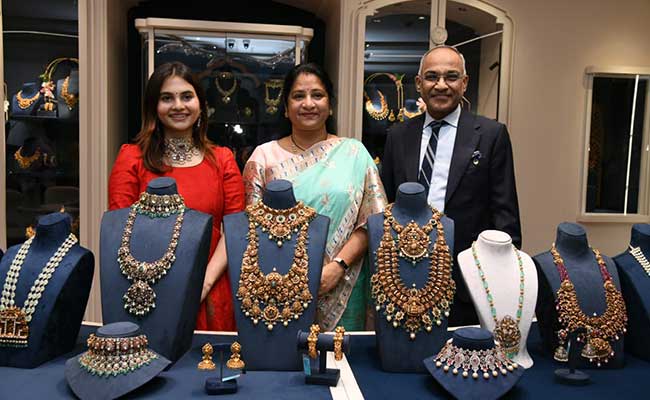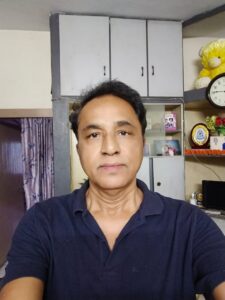Rama Krishna Sangem
ICRISAT (International Crop Research Institute for Semi-Arid Tropics) is gearing up to celebrate United Nations called International Year of Millets in 2023. The Governing Board of iCRISAT recently met in Nairobi, capital of Kenya in Africa, on October 5.
Telangana Chief Secretary Somesh Kumar, IAS, is a member of the 13 member Governing Board of ICRISAT and attended the meeting. ICRISAT is located in Hyderabad.
The Governing Board in its 103rd meeting congratulated the management and staff of the Institute and its partners for 50 years of impactful research that has transformed the lives and livelihoods of the rural poor in the tropical dry-lands of Africa and Asia. This Millets year is aimed at increasing overall nutrition levels of public and enhance the standards of living of farmers too.
ICRISAT’s mandate crops – millets, sorghum and grain legumes, and their cropping systems – are increasingly critical to address persistent malnutrition among marginalized populations across the dry-lands and to contribute to better diets and agricultural production that is more resilient to climate change. Research on these largely neglected and underutilized crops is urgently needed and ICRISAT’s contribution in this regard is pivotal.
“The Board would like to thank our host countries, our national and international partners, and the talented scientists in the CGIAR and elsewhere for their collaboration. We look forward to continuing to work with partners and colleagues and stand ready to meet critical challenges to ensure dry-land areas can support the populations that live within them,” said a media release issued after the Governing Board meeting.
ICRISAT is looking forward to celebrating the United Nations “International Year of Millets 2023.” We are working closely with FAO and India and other national partners to provide the global focus and platform to highlight the significance of millets for food and nutrition security as well as presenting the contributions being made to enhancing the productivity and sustainability of these crops.
“We appreciate the recognition of ICRISAT for its scientific innovations in millets given by Prime Minister Narendra Modi of India during his visit to ICRISAT at its 50th Anniversary celebration earlier this year. We similarly appreciate the awarding of the Africa Food Prize to ICRISAT in 2021 for having improved food security across 13 countries in Sub-Saharan Africa,” said the release.
For half a century, ICRISAT has been a proud steward of the global repository of genetic resources for millets, sorghum and legumes, held in trust under the auspices of FAO since 1994 and since 2004 implementing the Article 15 agreement with the International Treaty on Plant Genetic Resources for Food and Agriculture (ITPGRFA).
The Board and staff of ICRISAT celebrate a half century of delivering and applying science to address the critical food security needs of more than 2 billion people living in the drylands of Africa and Asia. We embrace the challenges that the future will bring and appreciate the trust that has been placed in our scientists and scientific partners around the world.
ICRISAT Board Members
- Prof Prabhu Pingali, Chair (United States of America)
- Dr Himanshu Pathak, Vice Chair (India)
- Dr Jacqueline Hughes, Director General ICRISAT (United Kingdom)
- Mr Somesh Kumar, Chief Secretary (India)
- Prof Yaye Kene Gassama, (Senegal)
- Dr Yilma Kebede, (Ethiopia)
- Ms Folashade Ogunde, (Nigeria)
- Ms Cathy Reade, (Australia)
- Dr Laurie Tollefson, (Canada)
- Dr Regine Andersen, (Norway)
- Dr Jim Godfrey, (United Kingdom)
- Dr Bonnie McClafferty, Board Observer (United States of America )
- Unable to attend: Shri Manoj Ahuja, Agriculture Secretary India
ICRISAT is a part of the CGIAR family and the wider community of committed international agricultural research centers. While it remains outside the One CGIAR management arrangement based on the consideration that its mandate crops and host countries are best served this way, we look forward to ongoing and future collaboration with all relevant research centres.



